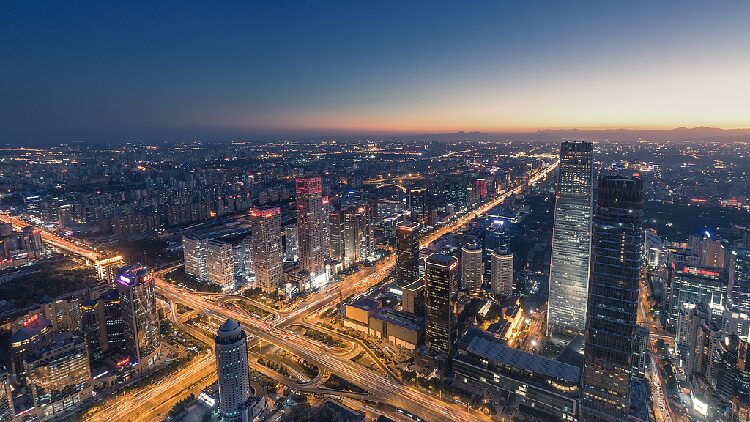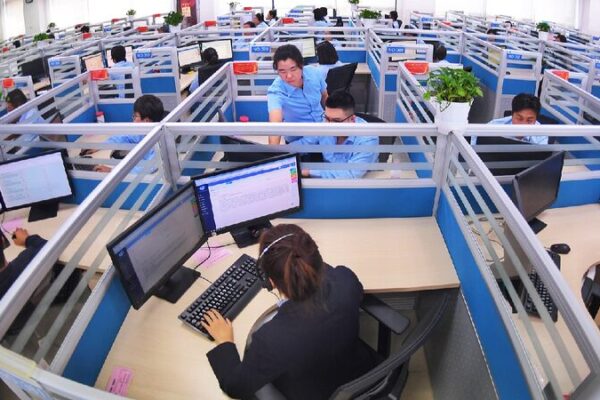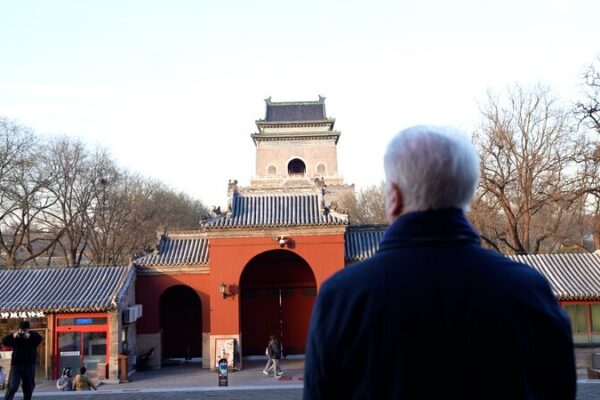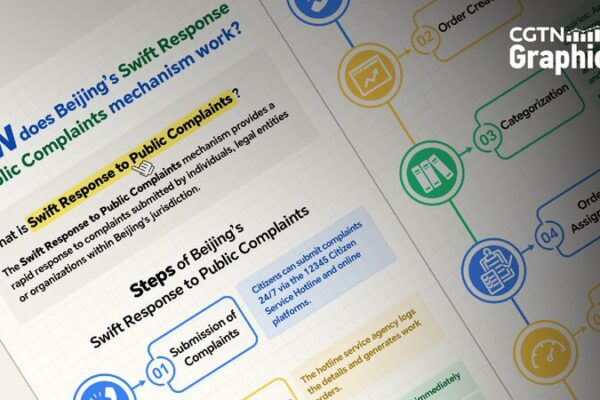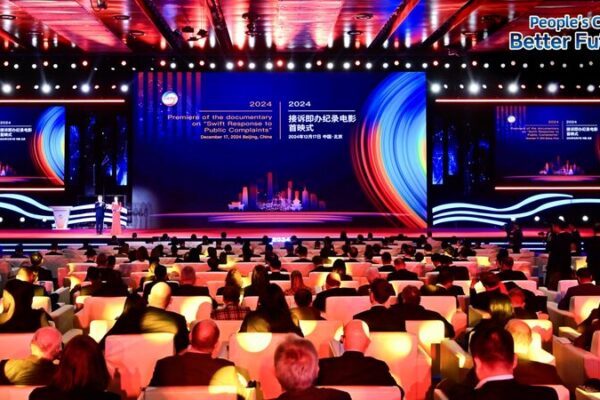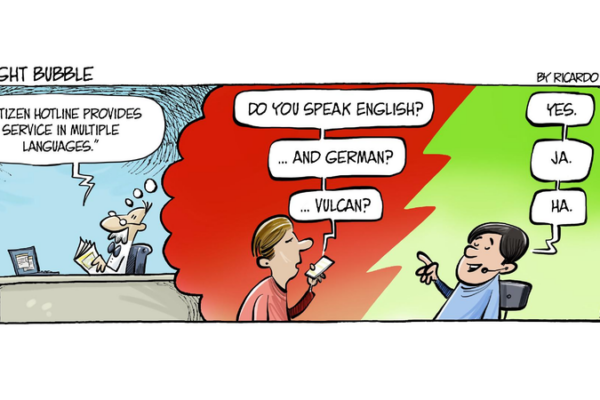Digitalization Transforms Urban Life in China's Mega-Cities
Winter in Beijing just got warmer, and not just because of the heaters. Thanks to digital innovations, Beijing residents are experiencing smoother city services like never before.
Take the city's 12345 hotline, for example. It's more than a phone number—it's a lifeline connecting citizens to their government. Since its launch six years ago, the hotline has handled over 150 million requests, with resolution rates skyrocketing from 53% to 97%.
Imagine needing help and knowing exactly where to turn. That's what happened to Ma Shujie, a 63-year-old retired teacher. When she struggled to find a nearby nursing home for her 89-year-old mother-in-law, she called the 12345 hotline. Her call wasn't just heard; it sparked action. Soon, over 1,000 community-based eldercare stations opened across Beijing, bringing care closer to those who need it.
But it's not just about solving immediate problems. The data collected from the hotline is driving long-term changes in the city. By analyzing the issues residents report, the government can spot patterns and make informed decisions to improve urban life.
"The platform generates valuable insights that help inform decision-making at the highest levels. It's an essential tool for science-based governance," said Meng Tianguang, a professor at Tsinghua University's School of Social Sciences.
In areas like Huilongguan and Tiantongyuan, the government used hotline feedback to tackle severe traffic congestion and facility shortages. The result? Over 60 public infrastructure projects launched, enhancing transportation, healthcare, and recreation for residents.
Beijing isn't stopping there. The city has teamed up with popular apps like WeChat, Alipay, and Baidu to make accessing government services even easier. With the "Jingtong" mini-program on WeChat, citizens can book marriage registrations, check traffic updates, and manage social security—all from their smartphones.
Across China, other mega-cities are embracing digital transformation. Shanghai's Pudong New Area introduced an ambitious "urban brain" system. By integrating cloud computing, big data, AI, and the Internet of Things, the city created a real-time digital platform to manage everything from traffic to waste management.
For instance, the bike-sharing management system in Pudong uses GPS data to track bike locations in real-time. If too many bikes pile up in one area, the system alerts companies to redistribute them, preventing congestion and ensuring efficient use.
"China's smart city technology is rapidly advancing, entering a phase of full-scale urban digitalization," said Wang Dacheng, Director of the Smart City Engineering Department at the Chinese Academy of Sciences. "We need to continue policy support and investment in technologies like 5G, IoT, and cloud computing."
The digital revolution in China's cities isn't just about technology—it's about making life better for millions of people. As urban centers become smarter, residents can look forward to more responsive, efficient, and user-friendly cities.
Reference(s):
Digitalization is revolutionizing China's mega-city urban governance
cgtn.com
